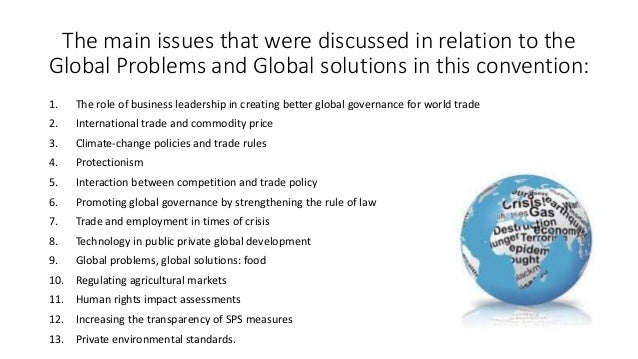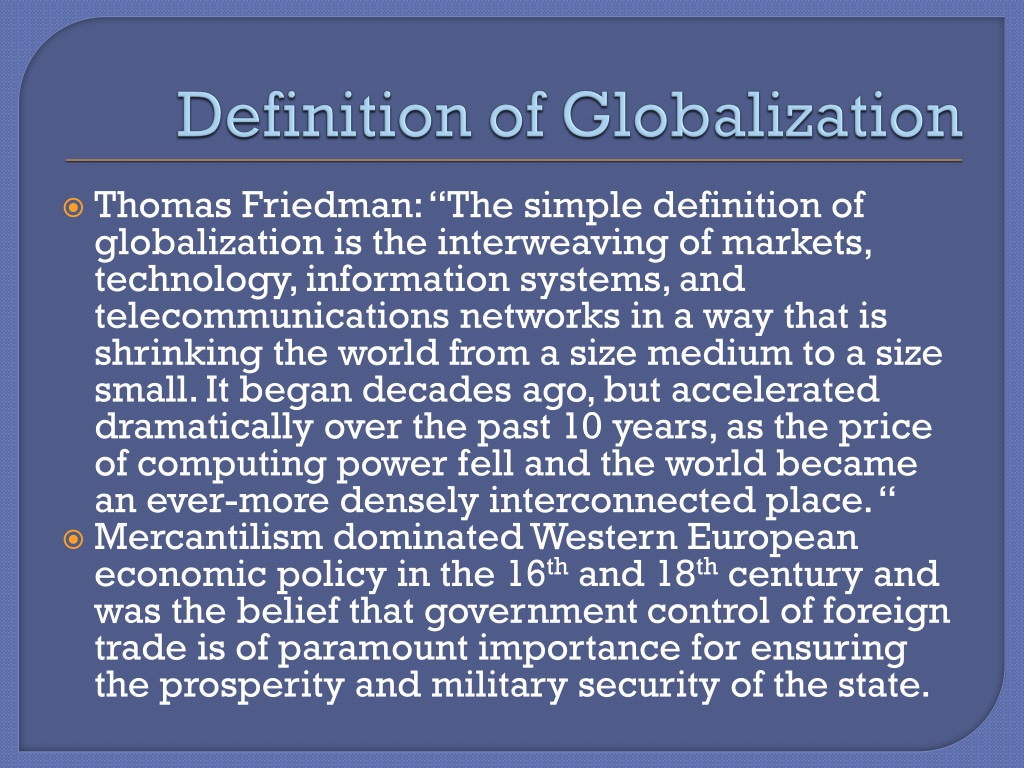All persons experience long periods during which their lives literally depend on the care of others, and everyone needs some degree of care in order flourish. Thus, vulnerability, dependency, and need should be understood not as deficits or limitations, but rather as essential human qualities requiring an adequate political response. Mohanty claims that this perspective leads to a simplistic understanding of what feminists in Western countries can do to “help” women in developing nations. Many of the recent developments in the feminist literature on globalization can be understood as a response to this theoretical failure. ‘Feminist theoretical approaches to globalization’ is an umbrella term that refers to a number of specific theoretical approaches that feminists have used to articulate the challenges that globalization poses for women, people of color, and the global poor.
It is widely believed that China, India and Malaysia escaped the brunt of the Asian financial crisis because of their stringent controls on capital flight. Economists still disagree, though, on what form such control should take and what effect it has on the cost of capital. Unfortunately, the global system was mostly built around flows of goods and services and, to a lesser extent, capital.
For instance, Gould argues that participants in transnational associations have equal rights to participate in decisions about their common activities. She also suggests that the Internet and other communication and information technologies, such open source software and online deliberative forums, can “help to increase both democratic participation and representation in the functioning of transnational institutions” . Globalization has been accompanied by the establishment of formal democracy in some countries and the number of women serving in national legislatures has increased in some nations. However, some feminist philosophers are quick to argue that neoliberalism has not resulted in increased political influence for women on the whole, especially at the level of global politics.
There is no definite solution; therefore we can only experiment, try out different methods of solving; unemployment, exploitation of workers, and poverty.
And in country after country, Latin America’s poor are suffering — either from economic crises and market panics or from the day-to-day deprivations that globalization was supposed to relieve. The surprise is not that Latin Americans are once again voting for populist candidates but that the revolt against globalization took so long. The major hurdle many poor countries face is not too much globalization but too little. It is hard for the poor of the world to climb out of poverty when rich countries restrict imports and subsidize their own farmers and manufacturers. The annual loss to developing countries as a group from agricultural tariffs and subsidies in rich countries is estimated to be 45 billion; their annual loss from trade barriers on textile and clothing is estimated to be 24 billion.
Brock argues that reforming the international tax regime is a matter of global gender justice. In her view, global gender justice arises only when all people are able to meet their basic needs, have equal protection for basic liberties, and enjoy fair terms of cooperation in collective endeavors. Because properly funded social and political institutions are a precondition of gender justice, a fair system of international taxation and just accounting practices is needed to achieve it. In her view, all corporations should pay their fair share of taxes so countries can fund education, infrastructure development, and programs that promote gender equity. Tax havens which allow corporations to evade paying their taxes—so much so that for every dollar of aid that flows into a country, six to seven dollars of corporate taxes are evaded—must be eliminated. Without such reforms, we must conclude that the basic institutional structure of the global economy remains unjust and detrimental to women .
- One of the key issues in this scenario is promoting revolutionary ICT in order to reduce face-to-face contact and increase remote meetings without losing effectiveness in communication.
- However, many feminist philosophers argue that supra-national institutions have had limited success in protecting the world’s most vulnerable people.
- When economists talk about many of the policies associated with free trade today, they are talking about national averages and ignoring questions of distribution and inequality.
- In the first ten days of May exports from South Korea, a trade powerhouse, fell by 46% year-on-year, probably the worst decline since records began in 1967.
- This means the countries in the U.N will punish them by not talking or trading with them so they don’t benefit from globalization.
After the success of its first venture of Disneyland in Anaheim, California, The Walt Disney Company continue to expand into Asian fields with Tokyo Disney in Tokyo. Nearly twenty years later, the company decided to do its expansion into the European market and here come Euro Disney which is now known as Disneyland Resort Paris. The theme park Euro Disney was expected to bring $600 million in foreign investment into France every year and it is the largest single Foreign Direct Investment ever in France. While inequality within the EU already existed before the integration process began, it became more pronounced as integration proceeded. Efforts of individual countries to narrow the gap will only have limited effects but coordination in fiscal policy could help foster greater coherence. In July, the EU reached an agreement on the unprecedented proposal by Germany and France to create an EU bond to finance the post-pandemic economic recovery plan, including a substantial grant facility without a repayment obligation.
In countries as varied as South Korea, China and Mauritius, however, assembly work has been the crucible of wider development. General Motors took a Korean textile company called Daewoo and helped shape it into a conglomerate making cars, electronic goods, ships and dozens of other products. Daewoo calls itself ”a locomotive for national economic development since its founding in 1967.” And despite the company’s recent troubles, it’s true — because Korea made it true.

The encounters and relationships between ancient civilizations and the colonization processes initiated during the Age of Discoveries were archaic and early-modern forms of globalization. During the 19th century technological progress and the Industrial Revolution catalyzed globalization. The political and economic international agreements after the Second World War accelerated this process even further. However, this term really became paramount in the academic literature and media after the fall of the Iron Curtain and the Soviet Union which enabled a much more fluid communications, exchanges of goods and services and migration. Another possibility to increase employment is to decrease taxes on capital and lowering the standards of wages policies. This will lessen the chance of corporations moving their capital into another nation, while also allow businesses to sell their produce for cheaper prices and more effectively compete with the cheap products of the developing world.

It deals with the role of neo‐liberal globalising forces in the field of global economics; global politics and the role of ideology of consumerism in transnational cultural ideological practices.The paper argues that globalisation problems is far from being inclusive. To survive and thrive in such an iniquitous world, the few big beneficiaries of globalisation are playing a mind game. The game is to create a new world, which does not adhere to the existing norms and patterns.


